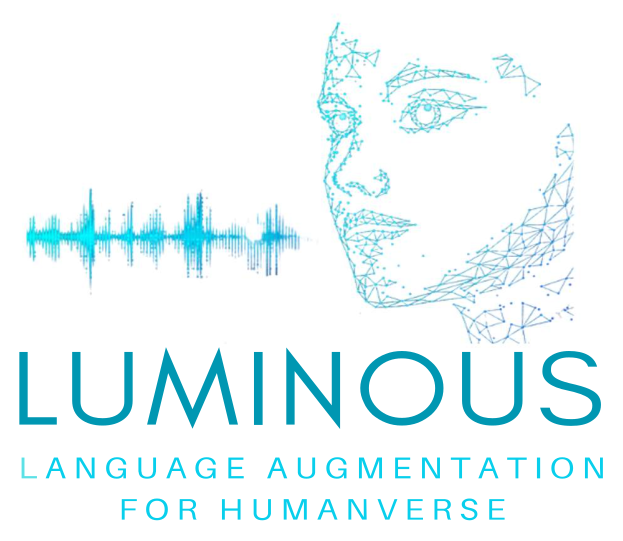The Ethical Basis of AI, in Immersive Extended Reality — Putting People First, in Design and Implementation
In our lives, as technologies such as XR (eXtended Reality) and AI advance further into our routines and interactions with us daily integrating these technologies in a way that respects our collective values is paramount. The cutting-edge LUMINOUS initiative stands out for its efforts in developing AI-enhanced XR systems based on ethical principles and values. This blog presents the ways LUMINOUS’s groundbreaking framework tackles aspects, like fairness, responsibility, transparency, privacy, security and human self-governance.

Diversity
The LUMINOUS project focuses on promoting fairness by incorporating strategies to address bias, in its AI models from the start of the design process. Recognizing the issues of not representing individuals from various backgrounds — especially in complex learning settings — the initiative combines different datasets and conducts thorough fairness assessments to avoid any form of discrimination. These efforts aim to create an inclusive environment for all users with attention given to those, with disabilities and those belonging to marginalised communities.
Responsibility through Design
Transparency and accountability play roles, throughout the AI journey. The group follows the ALTAI (Assessment List for Trustworthy AI) framework to guarantee decision-making and allocate responsibilities to both system providers and users. Real-time supervision and recording of system results along with documenting AI choices are required to establish audit trails.
Openness, in Communication
Systems’ communication with users needs to be clear when they are engaging with AI technology and especially when interacting with avatars powered by language models like Large Language Models (LLMs). Users are briefed about the system’s abilities and constraints as its reasoning process — an essential step in compliance with the EU AI Act and GDPR. Obtaining consent ensures that participants have an understanding and the freedom to choose their level of involvement, in the interaction.
Ensuring Safety and Ethical Considerations, in Risk Management
Safety evaluations are carried out for every XR environment created in LUMINOUS to guarantee that there is no strain or overload experienced during interactions, in areas such, as neuro-rehabilitation settings. The ethical considerations also cover measures to avoid any physical confusion or unease that may arise from interacting with avatars or virtual worlds.
Human Independence
LUMINOUS aims to assist rather than replace involvement and control in tasks such as guiding patients through speech therapy or aiding architects in their design choices by acting as supportive tools rather than taking over the decision-making process completely. The importance of supervision is emphasised to guarantee that individuals maintain authority, over choices impacted by AI elements.
LUMINOUS project truly showcases the potential of integrating cutting-edge XR and AI technologies with a focus, on enhancing experiences instead of just achieving technical excellence.
